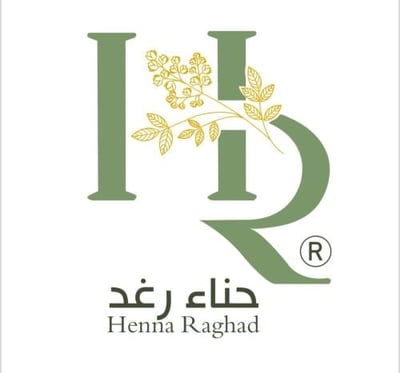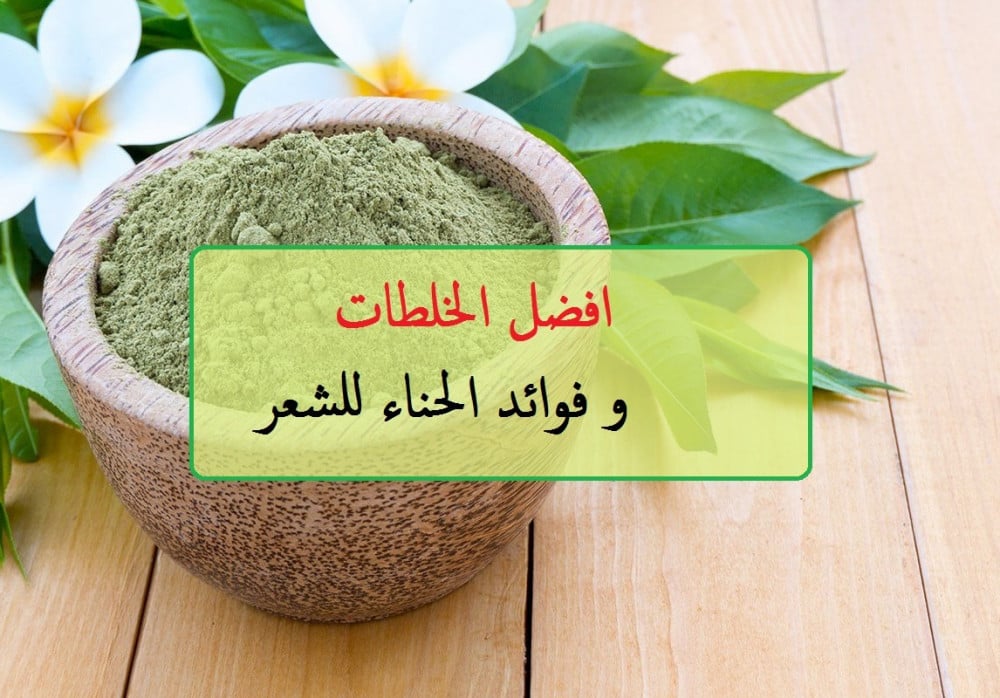The use of henna for hair is common in African, South Asian and Arab countries. Henna powder for hair is produced from the leaves of the henna plant, which is a small tropical shrub with leaves rich in red dye molecules. Pure henna powder is green in color and smells a bit like straw. When henna is used for hair, it gives hair a shine and a reddish color.
Henna coats the keratin layer of the hair shaft to protect the hair strands from sun damage. Henna is sometimes used for hair to treat dandruff, and some believe it helps get rid of lice. The color of henna does not resemble the color of hair, and pure henna does not contain any of the chemicals commonly found in commercial hair dyes. Unlike regular hair dye, it improves the texture and appearance of hair and does not damage it.
Henna cannot be removed after application. If you apply henna and regret it, the only way to remove henna is to cut the hair. In the first few days after treatment, a woman may get a deep chestnut color, and over time the color gradually fades. Of course, the result depends on the initial color of the hair. For example, the henna color for hair is more noticeable on relatively light-colored hair.
Benefits of henna for hair
Many people wonder about the benefits of henna for hair, especially the benefits of henna for thin hair. The truth is that henna has been used for a long time in hair products as it has natural properties that help solve many hair problems, including the following:
1. Improve scalp health
2. Enhance hair color
3. Relieve oxidative stress
4. Moisturize hair
5. Strengthening hair
One of the benefits of henna for hair is that it helps repair damage to the hair shaft. It also improves hair elasticity and strength, thus preventing hair breakage and split ends because it contains tannins and phenols.
6. Regulating oil secretion
7. Promote hair growth
Get Raghad's hair henna from here
Chemicals in henna leaves
Main phytochemicals in henna leaves Herbs for hair
Fraxetin, gallic acid, tannin,
Lawson's compound, Resin, Sugars, Coumarin
Henna for hair in Islam
It is said that Abdul Muttalib (the grandfather of the Prophet, may God bless him and grant him peace) was the first to dye his hair with henna in Mecca. It was a man from Himyar who dyed his hair with it, and it later spread among the people of Mecca. It then became a kind of sanctity for many Islamic peoples, so they began to dye their hair, hands and feet with it and to spread it on graves under the bodies of their dead.
Henna in the Prophet's guidance
On the authority of Abu Dharr, may God be pleased with him, that the Messenger of God, may God bless him and grant him peace, said:
“The best thing you can use to change gray hair is henna and katam.” Narrated by the authors of Sunan and Al-Tirmidhi, who said it is a sound hadith. Katam is a plant grown in Yemen that dyes hair a reddish-black color.
On the authority of Salma Umm Rafi’ that the Messenger of God, may God bless him and grant him peace, said: “No one complained to him of a pain in his head except that he said to have cupping done, and no one complained to him of a pain in his feet except that he said to dye them” (i.e. with henna). Narrated by Al-Bukhari in his history, Ibn Majah, and Abu Dawud. Al-Arna’ut said: (A good hadith) (5).
On the authority of Salma, may God be pleased with her, she said: “The Messenger of God, may God bless him and grant him peace, was never afflicted with an ulcer or a thorn except that he would apply henna to it.” Narrated by Al-Tirmidhi with a good chain of transmission. Al-Haythami said: Its men are trustworthy (6).
In another narration of his: “The Messenger of God, may God bless him and grant him peace, was never afflicted with an ulcer or a calamity except that he applied henna to it.” A good hadith (Al-Arna’ut).
On the authority of Abu Dharr, may God be pleased with him, who said: “Whenever revelation came to the Prophet, may God bless him and grant him peace, he would suffer from a headache, so he would cover his head with henna.” Narrated by Al-Haythami on the authority of Al-Bazzar, who said: It includes Al-Ahwas bin Hakim, who was deemed trustworthy, but he has much weakness, and it includes Abu Awn, whom I do not know.
On the authority of Abdullah bin Amr, may God be pleased with him, that the Prophet, may God bless him and grant him peace, said: “The master of the basil of the people of Paradise is henna.” Narrated by Al-Tabarani. Al-Haythami said: Its men are the men of Sahih, except for Abdullah bin Ahmad bin Hanbal, who is trustworthy and reliable.
Benefits of henna for men
The benefits of henna are not limited to hair only, as henna is considered one of the natural materials used to treat many diseases by applying its effective recipes for hair, head, feet, and sexual health, but it is preferable to use it under the supervision of a doctor to obtain effective results.

